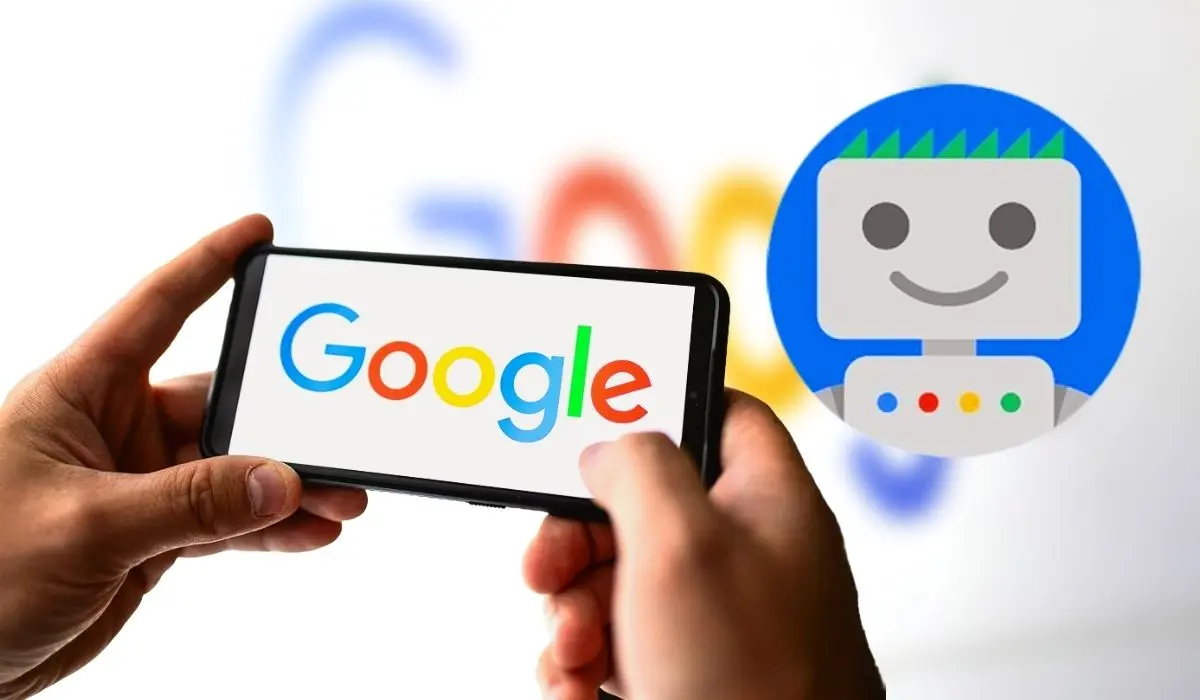Google Search has updated the rules of its “helpful content system”, a search engine optimization (SEO) feature that ranks websites based on them providing “original, helpful content, written by people, for people”.
Now, the company has updated the phrasing in its SEO playbook, replacing “written by people” with a more inclusive term, “content created for people”. The move comes after the search engine giant started to recognize the growing influence of artificial intelligence models in content creation.
Google also emphasized its mission to deliver valuable data that is beneficial to users, regardless of whether the content was produced by humans or AI.
Google’s SEO Ranking System Can Now Grade AI-Generated Content
SEO refers to a set of strategies used by developers to improve a website’s ranking on a search engine. The higher the rank a site can achieve, the more online visibility and traffic it will receive. Writers optimize their content with a helping hand from SEO experts to be able to match Google’s algorithm.

Google has also gotten on the AI bandwagon by heavily investing in the technology and bringing it to its various products, including the AI-powered Google news generator, its AI chatbot “Bard”, and other initiatives underworks by the Google Search Labs.
The updated SEO guidelines are in synergy with the Silicon Valley tech conglomerate’s AI vision. The company has promised to reward original, and helpful web content that can enhance user’s online experience.
AI Generates Repetitive And Low-Quality Content, At Least For The Time Being
As noted by Google’s Search Relations team leader John Mueller in a recent Reddit post, If someone is using AI to write their content, it is far more likely to be repetitive and rehashed from other sites.
Despite the technological advancements offered by AI systems, the use of repetitive or low-quality content can severely hurt a website’s SEO ranking, says Zib Digital, one of Australia’s leading digital marketing firms.
The Auckland-based company says writers and editors still have a bigger role to play in the content creation and moderation process as it is vital to ensuring the quality and uniqueness of data available on the internet.
The one major risk possessed by AI-generated content is that language models have the tendency to inadvertently generate errors, which can sometimes be funny or outright offensive. But these mistakes can have dire consequences as they could cost millions in losses to companies or individuals and even put people’s lives in danger.
Google also has a system in place for detecting computer-generated data that penalizes the use of AI for simplistic content summarization or rephrasing. The classifier process uses machine learning algorithms to differentiate between positive and negative content.
However, Zib Digital says it is becoming a more challenging task to detect AI-generated content because these large language models (LLMs) are increasingly adept at mimicking human voices and writing styles.
Recently, OpenAI, the company behind the infamous ChaptGPT, removed its own AI classifier after acknowledging the system’s inaccuracy in detecting low-quality content.
The task at hand is difficult mainly because AI systems are trained to appear more “human-like”. This means that artificial intelligence models will only get more powerful and accurate in their jobs as time goes by, which also means that the confrontation war between content generators and moderators will never end.
Read More: Microsoft AI and Surface Event: Everything You Need To Know Event
Google To Utilize Specialized AI Discrimiantor Model To Rank Contents For Search
Google is taking a slightly different approach to ranking human and machine-generated content. Instead of trying not to reproduce AI data, the company will identify and reward them accordingly.
The internet giant will instead employ a specialized AI discriminator module called generative adversarial networks (GANs), where a machine learning model tries to create content that looks natural while another model tries to distinguish whether the data is human or machine-generated.
Content ranking standards will continue to evolve at the same pace at which AI systems proliferate. But for the time being, the search engine is focused more on delivering quality content rather than segregating between human and AI-generated data.
